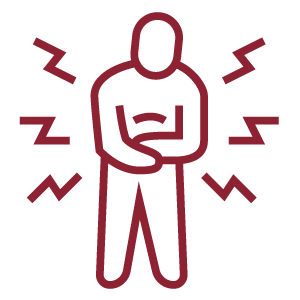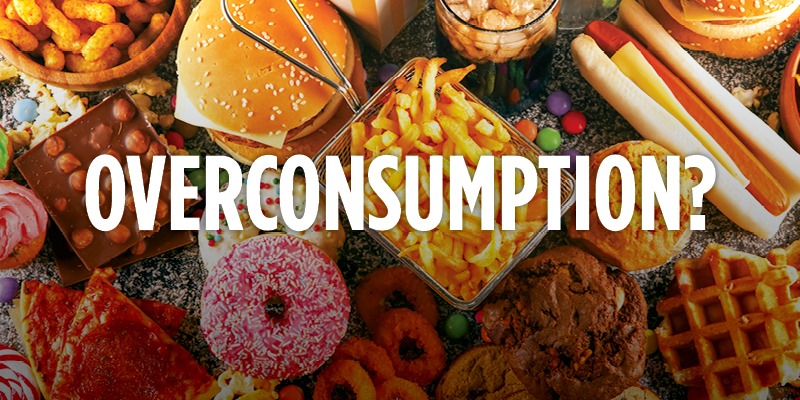During times of high-stress, people often turn to comfort food or alcohol in an attempt to alleviate their stress. Many people have reported stress eating or drinking – or both – during the COVID pandemic and stay-at-home orders. But did you know there is a biological reason (in addition to psychological reasons) why people turn to food in times of stress?
Prolonged stress causes your adrenal glands to release the hormone cortisol, which can increase appetite. Studies also show that we reach for food high in fat or sugar during these periods of high stress, as they do dampen our stress responses – which in turn contributes to the cravings for these foods. Sugar has even been shown to activate dopamine production in the brain – the ‘feel good’ chemical produced in response to pleasure and reward. When stress levels remain elevated, it can cause prolonged periods of overeating and stress eating.
In addition to stress eating, many people also experience sleep loss, tend to exercise less, and often drink more during times of stress. All of this is troubling when we find ourselves in months-long high stress periods, such as a pandemic, where most of our normal routines and stress-management behaviors have been disrupted.
Stress eating and overconsuming alcohol can cause a host of health issues. Since the ‘comfort’ foods that we reach for when we’re stressed tend to be higher in fat and sugar, consuming them regularly can lead to:

Increased insulin response, which causes weight gain and can lead to diabetes

Higher cholesterol levels, which can lead to heart disease

High blood pressure (which may already be affected by stress), which can lead to heart disease or stroke

Stomach issues from increased acid production or consuming foods that disrupt your normal digestion

Overeating, which can lead to acid reflux, sleep issues, slowed digestion, and stress on your liver and pancreas
Drinking too much alcohol causes health issues as well. Moderate drinking is defined as up to 1 drink per day for women and up to 2 drinks per day for men. Excessive consumption of alcohol led to 88,000 deaths per year from 2006 – 2010. Let’s look at some of the health effects of prolonged heavy drinking (not including the effects of lowered inhibitions caused by alcohol that can lead to injury or loss of life in yourself or others):

High blood pressure, which can lead to heart disease or stroke

Liver Disease

Digestive Issues

Memory issues, including dementia

Weakened immune system, which increases your risk of getting sick

Increased risk of cancer – especially of the mouth, throat, esophagus, liver, and colon

Mental health issues, such as depression and anxiety (these may also contribute to the cause of drinking)
One of the healthiest ways you can deal with stress is by being active, especially outside. You can check out this blog post for more ideas on how to get active and help you kick the stress eating and drinking.

